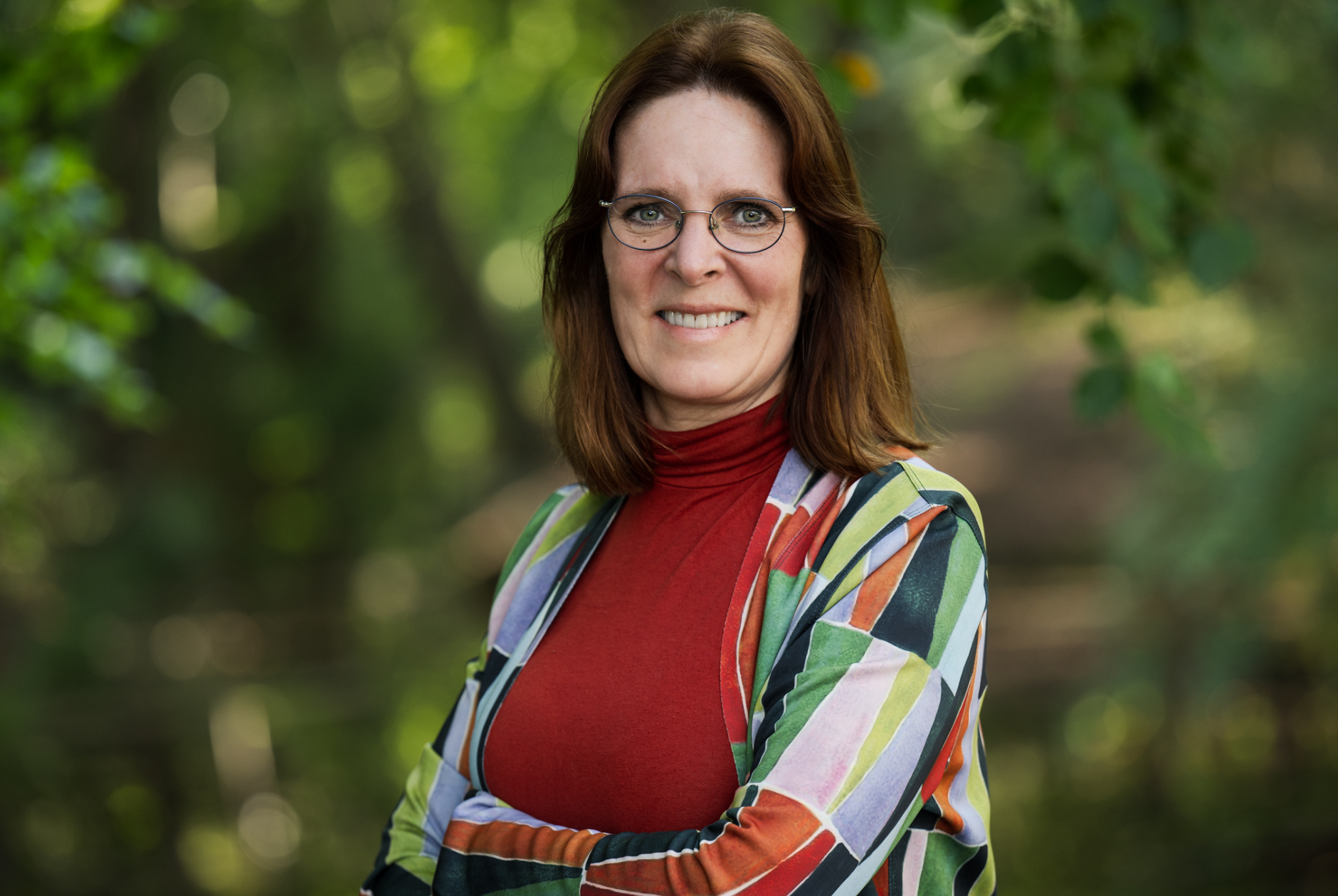Logistics in a 2oC World
Sophie Punte, Co-Founder & CEO, Life-Links. October 2024
I am really pleased to announce that Life-Links is now officially registered as a global non-profit organization in The Netherlands, with the mission to make resilient supply chains a force for good!
As Life-Links founding CEO I look forward to working with our co-founder Kuehne Climate Center, our esteemed first board members Mark Major and Ákos Wetters, the Life-Links Council of 20+ experts, and many more of you on this important journey!
Let me briefly explain what Life-Links is about.
SUPPLY CHAINS IN TROUBLE
Supply chains are our lifelines. Communities depend on them for their livelihoods, countries for their economies, companies for their revenue, and you and I as consumers for virtually every single product we buy.
Supply chains are increasingly facing severe disruptions. We all know examples: the Covid pandemic, the Suez Canal blockage, the Ukraine invasion, the U.S. Baltimore bridge accident, the Red Sea attacks, and the list keeps growing.
Climate change is emerging as a growing threat to supply chains. Adverse weather and natural disasters now ranks third in the top causes of disruptions (after third party failures and cyber attacks), and nine in ten organizations considers climate change a near-term threat, according to the BCI Supply Chain Resilience Report 2024.
The social, economic and environmental consequences are enormous. For example, droughts cost the Panama Canal 100 million dollars income per month. Damage from Hurricane Maria cost the island of Dominica twice its GDP. Insurers lost a record 64 billion dollars from extreme weather events last year. Floods, wildfires and heatwaves in Pakistan, East Africa, Germany, California, Australia, China, Brazil and elsewhere cost lives and crops, close factories and schools, and damage homes and vital supply chain infrastructure.
So why do responses from companies and governments mostly remain largely reactive and isolated? This is because of market failures. Supply chains are fragmented, with short-term challenges like inflation and conflicts are given priority, and consumers usually don’t know where products come from.
THE SOLUTION: LIFE-LINKS
What if we unite producing and logistics companies, governments, insurers and financiers, development organizations, local communities and others around a shared objective: keeping supply chains ‘alive’. Improving the resilience of critical links – such as a road, a bridge, a port – makes the entire supply chain stronger.
Life-Links is designed to do exactly that. By leveraging the self-interest of all stakeholders, we build partnerships around critical links in supply chains to co-invest and implement concrete measures that increase resilience to climate change and other threats. This could meanflood protection of ports, better road infrastructure, or setting up emergency alert systems for factories or drivers.
And while we’re at it, we seek opportunities to reduce GHG emissions and deliver sustainability benefits for local communities. While you’re making a warehouse weatherproof, install solar panels as well. When building flood protection for railroads, consider incorporating marsh plantings, shrubs and other nature-based solutions.
Aside from direct benefits to partners and local communities, this integration of adaptation/resilience, GHG mitigation, and finance also helps to deliver on the Paris Agreement goals. Companies will be better able to comply with the EU CSRD and other sustainability regulations, as well as reach their science-based targets.
WHAT’S NEXT
Now that Life-Links is formally established, we will focus on three things, with the support of the Life-Links Council and new partners.
First, we will analyze the various tools and methodologies that companies, development agencies and others use to assess supply chain risks and work out responses. This will feed into a globally harmonized ‘Life-Links Framework’ that allows different organizations to communicate and collaborate in a way that is more impactful and inclusive of all stakeholders.
Second, we will apply the Life-Links approach to real-world supply chains. The Kuehne Climate Center has already started with three agricultural and other supply chains originating in East Africa going to Europe. We will look to work with other partners to cover supply chains in other regions.
Third, we will drive uptake of the framework and scale practical applications. It’s clear that the topic is relevant and the time is right. Life-Links was a finalist in the UNCTAD Supply Chain Innovation Challenge 2024. The High Level Champions are supporting the Transport Implementation Lab on the topic of climate-resilient freight and supply chains at COP29 in Azerbaijan, which I will co-chair.
Imagine if we succeed: more resilient supply chains that benefit all stakeholders whose prosperity depends on them.
Join us on this journey! Whether you’re a business leader, policymaker, investor, solution provider, or community advocate, get involved by partnering with Life-Links, co-investing in resilient supply chain solutions, or supporting our mission through advocacy or sharing examples of what's already working. Let's explore together how you can make an impact and work together to build sustainable, resilient supply chains for all!
